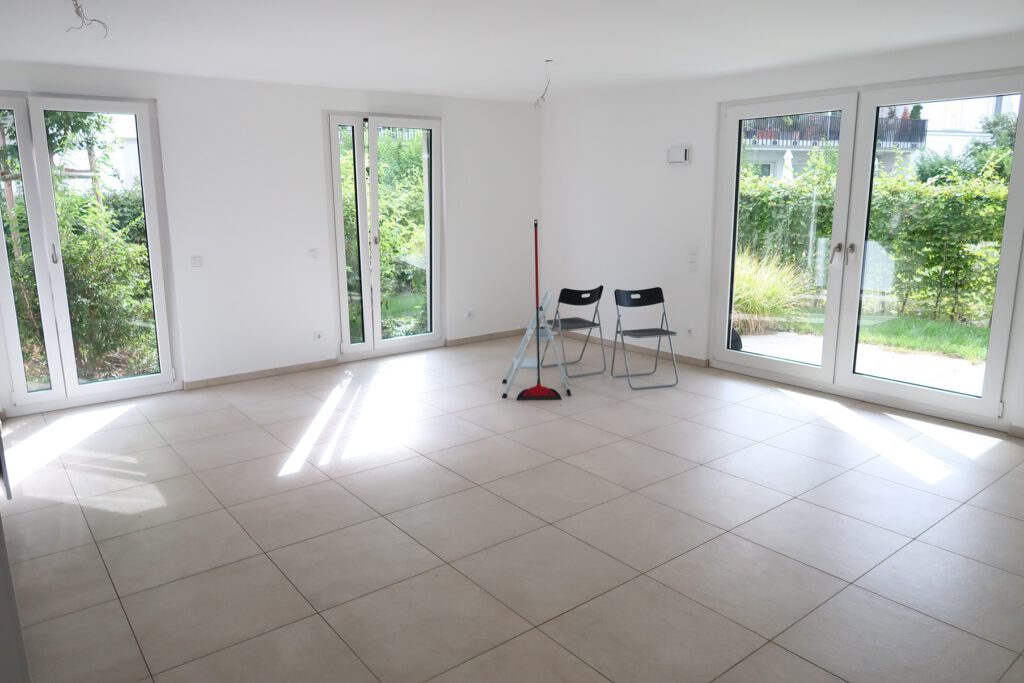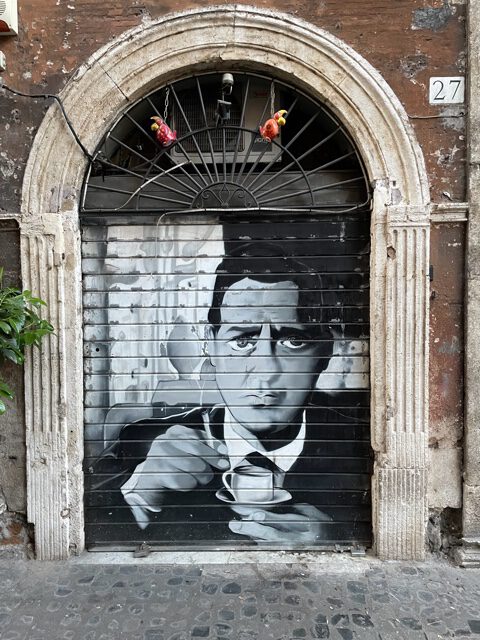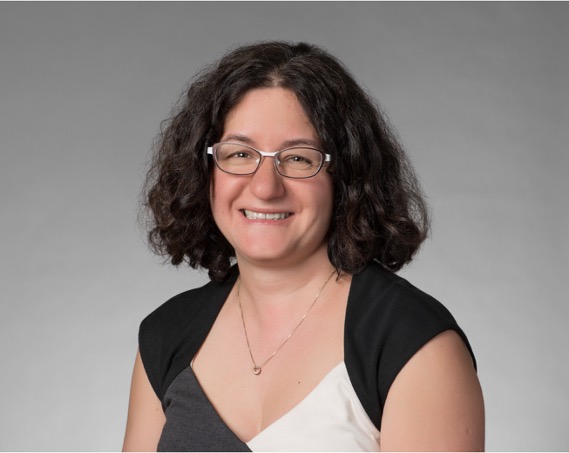Another turbulent year draws to a close. We would like to thank you, our dear reviewers, authors and readers, for making 2021 a busy and successful year for JEPP. Only thanks to your support, JEPP’s machine kept humming despite the ongoing difficult situation and uncertainties surrounding the COVID pandemic.
Hopefully, all of you can enjoy a well-deserved break over the holidays. We are looking forward to seeing you in the next year! Stay tuned for our upcoming issues, debate sections and special issues. Follow us on Twitter (@jepp_journal), read and subscribe to our newsletter.
Season’s greetings and all good wishes,
Your JEPP team
PS: And if you’re keen to know how JEPP’s editorial team will spend their holidays, go ahead and scroll down!
_________________________________________________________________________________________

Since last year’s wishes of a bit more “old normal” only partly came true, Michi and his family decided to come to terms with the new normal and moved into a new apartment with a small garden, while staying in their favorite quarter of Munich, Neuhausen. Desk and books are already arranged zoom-friendly, but almost three months later, there is still enough to be done for the holiday break – lights, curtains, and most importantly a new guest sofa.
_________________________________________________________________________________________

In 2021, with the birth of little Tilda, Sarah’s life turned upside down. Since summer, for most parts, instead of writing and reading, she found herself changing nappies and rocking the baby to sleep during extensive walks. These days, she has swaped her hiking boots for cross-country skis and profits from (‘tourist-free’) empty slopes during lockdown. Hopefully, Tilda will finally start liking her car seat so that she (well, and Alex and Sarah) can enjoy her first ride to the Black Forest where they will spend Christmas together with Sarah’s family.
_______________________________________________________________________________________

Pandemic lifestyle changes take their toll, because Berthold was pretty nervous when he took his first flight in two years to travel to Rome for a small workshop. Aimlessly wandering around the eternal city in the early morning hours was definitely one of the highlights this year. Staying safe (and sane) is no lesser highlight, so Berthold is extremely grateful to his family (and cat) for being so wonderful. And in 2021 he finally learned how to brew a proper espresso.
________________________________________________________________________________________

Tess and Molly will be joining Sonia and I at our Akaroa house for our, now traditional, New Zealand Christmas. Murphy will also be coming along. He loves the car ride to Akaroa, but the real plus for him is that our two cats stay at home and he gets all our attention. The girls will go kayaking if the weather holds, but Sonia and I will stay on the beach with Murphy. He is none too keen on actually going into the (usually cold) sea. Murphy is no fool! Indeed, he is so clever that I suggested he might make a submission to JEPP, but as yet he shows not the slightest interest. I showed him the latest rankings too. Maybe he is not as clever as I think he is?



